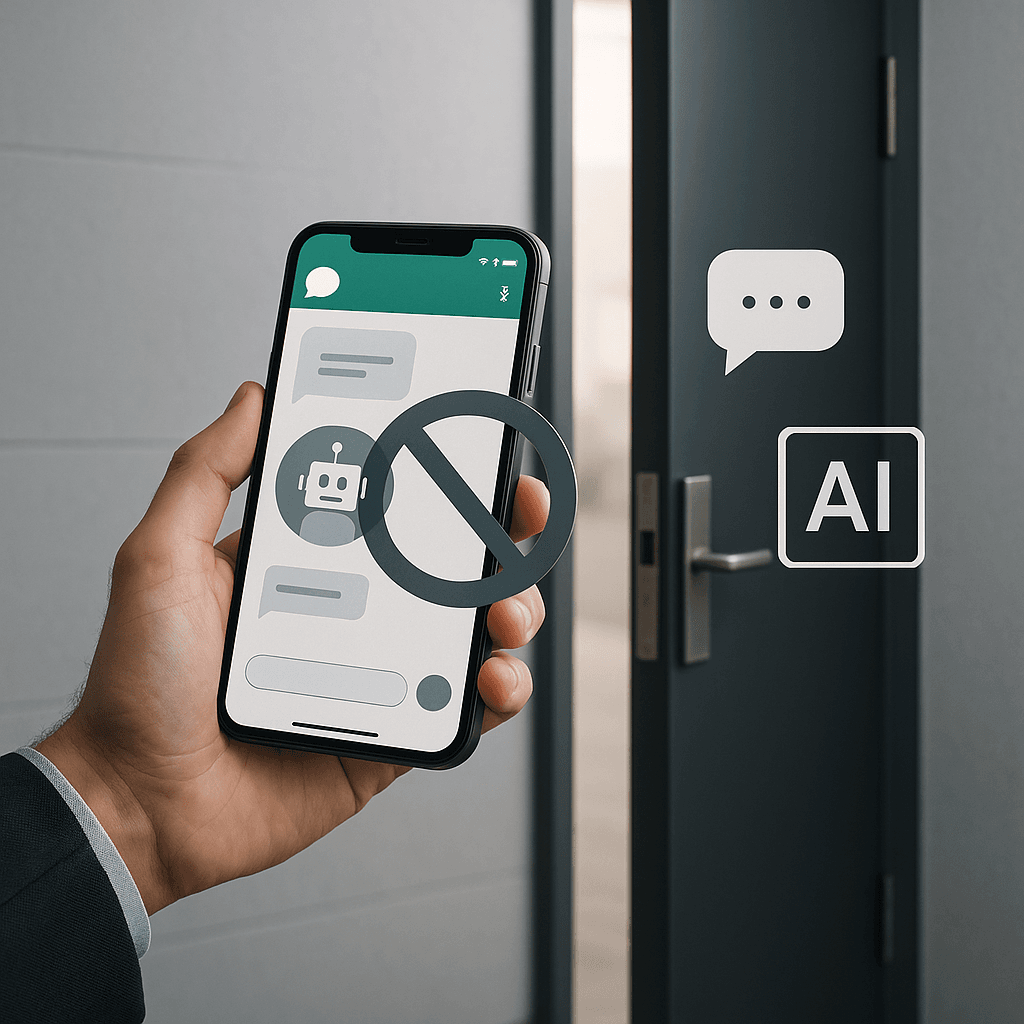Microsoft's Copilot chatbot is getting the boot from WhatsApp come January 15, marking a major shift in how AI assistants reach users. Meta's messaging platform just drew a hard line against general-purpose AI chatbots, forcing millions of users to find new ways to access their favorite AI tools and reshaping the competitive landscape for AI distribution.
Microsoft just lost one of its biggest AI distribution channels. The company confirmed that Copilot will disappear from WhatsApp after January 15, 2025, as Meta cracks down on general-purpose AI chatbots using its messaging platform. The news represents a seismic shift in how AI companies reach users, cutting off a direct line to WhatsApp's 2 billion monthly active users.
The exodus stems from WhatsApp's revised platform policies announced in October, which specifically target AI assistants like Copilot that serve broad, general-purpose functions. According to Microsoft's official statement, the company is "removing Copilot from the popular messaging app to comply with WhatsApp's revised platform policies."
But Microsoft isn't alone in this forced retreat. OpenAI already announced its own WhatsApp wind-down for January, while Perplexity faces the same restrictions. The collective impact signals Meta's intention to fundamentally reshape AI access on its platform, prioritizing business-specific AI tools over consumer-facing chatbots.
The timing couldn't be worse for AI companies that've invested heavily in WhatsApp integration. Microsoft's Copilot had built a significant user base on the platform, offering everything from coding assistance to creative writing through simple WhatsApp messages. Now those users face a jarring transition - they'll need to download Microsoft's dedicated Copilot app or access the service through copilot.microsoft.com.
Making matters worse, users can't bring their conversation history along for the ride. Because WhatsApp access was unauthenticated, Microsoft can't preserve chat logs when users migrate to its official platforms. The company recommends exporting conversations through WhatsApp's built-in tools before the January 15 deadline - a manual process that many users will likely skip.
Meta's strategic calculation appears clear: WhatsApp's Business API resources are better spent on companies using AI to serve their own customers rather than tech giants distributing general-purpose AI assistants. The messaging giant wants businesses to build AI-powered customer service bots, not provide a distribution channel for Microsoft, OpenAI, and competitors.












